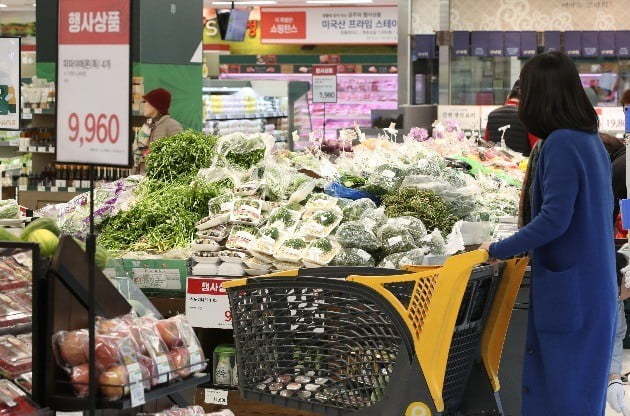South Korea’s composite consumer index shed the most points in six months in September, feeling the impact of stricter social distancing rules following the COVID-19 resurgence, central bank data showed Friday.
The index dropped 8.8 points on-month to 79.4 in September, which also marked the sharpest dip in six months and the first decline since April, according to data released by the Bank of Korea. A reading below 100 means pessimists outnumber optimists.
The September reading broke the five-month gain the index had been seeing since April, during which consumers were relatively more optimistic on the back of the government’s pandemic cash handouts and the number of new virus cases staying in double digits before mid-August.
“The composite consumer index fell in September as the outlook for the economy and households‘ financial conditions deteriorated on the impacts of the recent resurgence in virus cases and stricter social distancing rules,” the BOK said.
Since mid-August when a series of anti-government rallies led to an explosive coronavirus resurgence, the number of newly confirmed cases has mostly remained in the triple digits, peaking at 441 on Aug. 27.
The epidemic spread slowed down recently on the back of stricter social distancing rules imposed by the government, including a two-week period of “Level 2.5” out of the three-level quarantine system.
However, authorities have been facing difficulties in bringing the numbers back below 100.
The key challenge will likely be the upcoming Chuseok holiday that runs this year from Sept. 30 to Oct. 4. During the fall holiday — the equivalent to Thanksgiving — typically millions of Koreans travel across the country to visit families and relatives.
Meanwhile, the index measuring the outlook for housing prices fell eight points on-month to 117 in September, apparently cooled by the government’s efforts to curb the heated real estate market, the BOK said.
The housing price index shows consumer sentiment and outlook on whether prices will rise in a year. The lower the number, the stronger the optimism for a cooled housing market.
The government has been opening tax probes and reforming rules to stop speculative buying in the real estate market in recent months.
But onlookers say pessimism remains strong with the September reading still well above 109, which is considered the average reading for the housing index.
The index on people’s assessment of current economic conditions fell by 12 points to 42 in September, and the index gauging people‘s sentiment toward future economic conditions reached 66 this month, down from 75 in August.
By Jung Min-kyung ([email protected])


